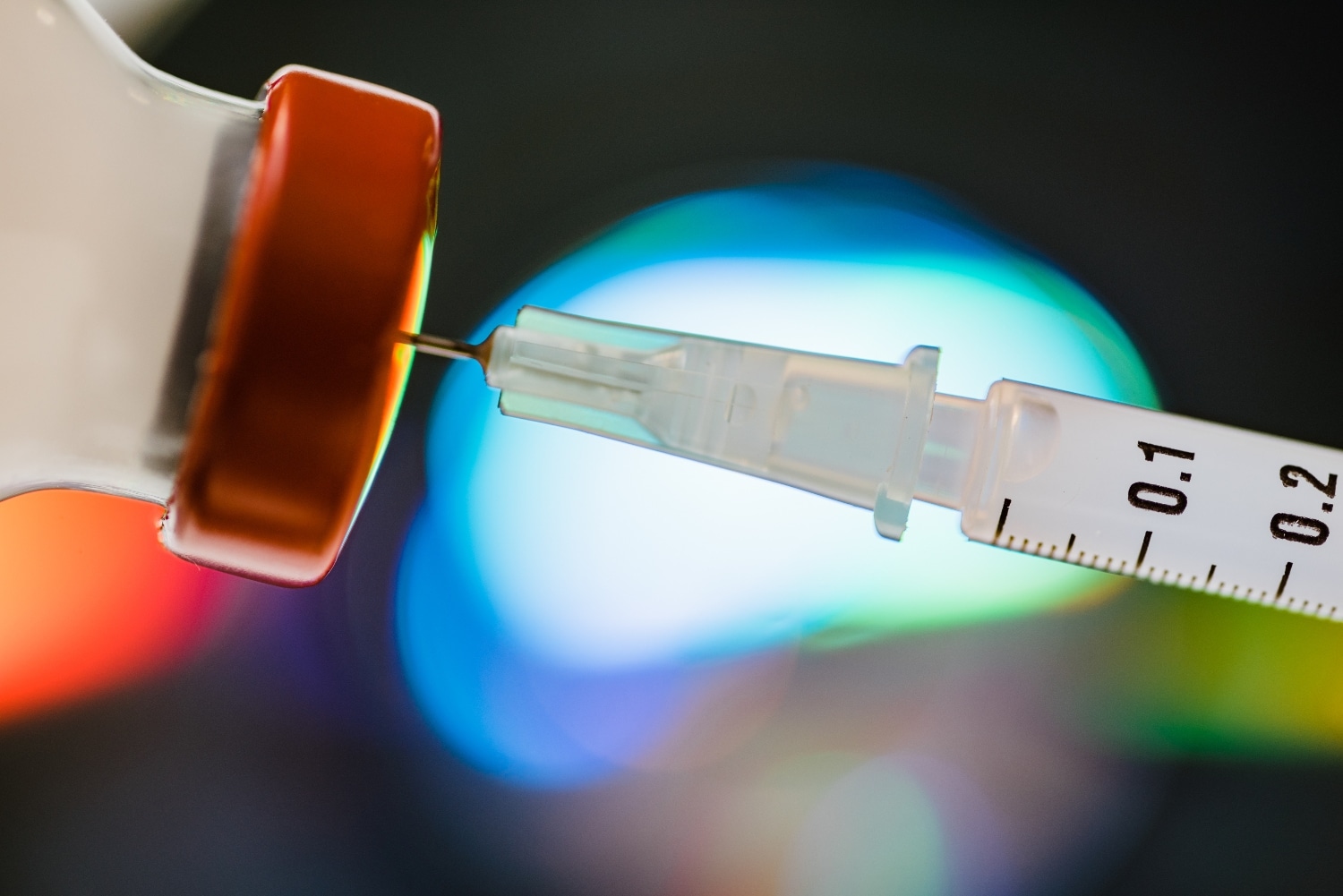According to the Recovery Research Institute, 1 in 10 Americans has reported recovering from substance use disorder. Almost everyone knows someone who is living in recovery. People you may know can be anyone from a friend to a neighbor and even a family member.
Because of the stigma surrounding substance abuse and rehab, it can be hard to support those you love the most in recovery.
It can be tempting to let them deal with it on their own, so you dont have to be involved with the troubles they are going through. However, the support you provide could be a crucial part of their recovery journey.
If you are worried about someone you love is struggling in recovery or want to learn how you can be there for support No Matter What Recovery can help. Continue reading or contact us today to learn more about addiction recovery.
What’s the Difference Between Supporting and Enabling?
You must take a cautious approach to your supportive role to ensure you don’t enable your loved one’s addiction for long-term recovery to occur.
Making excuses for the substance use of a loved one is enabling if you over involve yourself, take responsibility and ownership of their actions, and take full responsibility for their decisions.
Support differs from enablement in the following ways:
- Your needs will not be sacrificed for the sake of helping
- Honesty is maintained, and unacceptable behavior is not excused.
- When you share the responsibilities of your loved one, it maintains love and balance without resentment.
On the other hand, if you act as an enabler, you tend to perpetuate your loved one’s addiction. You actively contribute to an environment where they are more likely to use again and behave violently.
5 Ways to Support a Loved One in Recovery
Drug addiction affects the entire family. Fortunately, there are ways to help the recovery process for that specific individual. Continue reading to learn about the five ways to help a loved one in the recovery journey.
Educate Yourself
By learning about addiction, you will get a sense of what your loved one is going through and why it’s so challenging. From there, you will be able to give the appropriate support as they navigate through addiction recovery.
If your loved one is actively recovering, try and ask their treatment center for resources to help you be there for them. A handful of addiction treatment centers provide educational tools and material for family members and friends.
These materials might help you recognize signs of addiction or how to communicate appropriately. Consider exploring these resources and asking questions.
While educating yourself on the details of the addiction, you should also become familiar with the signs of relapse and the relapse prevention plans you and your loved one develop. If your loved one has lapsed, you need to take quick action to get them back on track.
Understand and Prepare for Extended Problems
Not only does the addict have to deal with current problems, but often the addict will face extended problems that will arse through the process. While sobriety might improve the major ones, lots of them will stay or persist after recovery.
Other problems such as financial ones or relationship problems might arise as well. Financially, the addict might worry about paying for treatment or how to pay for expenses caused by a DUI.
The most painful parts of life can be relationships; in some situations, rebuilding trust is impossible, and in others, trust can take years to rebuild. In addition, relapse can occur even years after treatment. Being aware of and prepared for these problems will help reduce their impact.
Create a Healthy Environment
You need to set clear boundaries when supporting and enabling your loved one’s recovery. You should ensure that your loved one respects your own mental and physical well-being by being clear about what you will and will not accept.
It removes unnecessary obstacles to recovery to remove all substances and related products from a loved one’s immediate environment. The person you love may say that this isn’t necessary and strong enough to handle such situations.
However, it may also increase the difficulty of the already tricky process. Giving energy to triggers can make cravings worse.
Avoid Using Substances Around Your Loved One
You need to set clear boundaries when supporting and enabling your loved one’s recovery. You should ensure that your loved one respects your own mental and physical well-being by being clear about what you will and will not accept.
Engage in Healthy Activities/Habits
Helping your loved one develop healthy habits is a great way to help home through their recovery journey.
Look for activities that you both enjoy and do them together. Activities that you guys do together can include going on hikes, cooking a meal together, or watching a movie. These activities will reinforce the idea that you can still enjoy life sober.
No Matter What Recovery is Here for You
Supporting a loved one going through recovery can be challenging when you’re new to it. You might be scared of saying the wrong thing or not being there for them. No Matter What Recovery isn’t new to this.
We offer a strong and supportive community where recoveries and their families can heal together. With a number of different treatment programs and therapies, there is bound to be something that suits your specific needs.
Call us at (323) 515-1296 to learn more about how you can get help.







